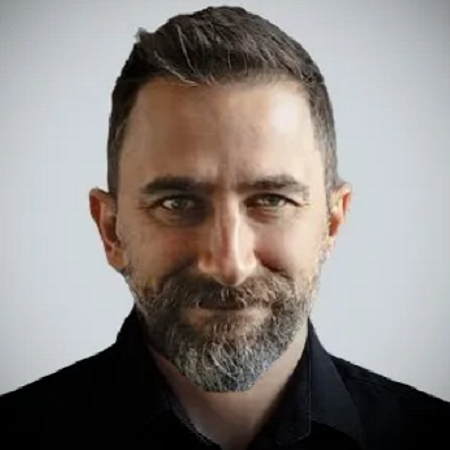Do you worry about everything? Do you toss and turn to fall asleep at night due to constant worry, or do you feel like every waking moment is filled with anxiety? Science has revealed that we can train our minds to live happier and calmer. Here are six ways to calm the anxious mind.
Understanding your anxiety
Understanding your anxiety is crucial in taking conscious control of it, says Sarah Gray, PsyD, a psychology instructor at Harvard Medical School. “You have to be aware of your thoughts before you can change them,” she says.
A good technique is when you have anxious or worried thoughts; start by writing them down. Be as detailed as you can, when did they start, what were the triggers, what happened just before or after. Start the process by approaching your worry as a scientist and try to understand everything about it. This process engages your cerebral cortex making them less distracting, but you will see them more dispassionately than before.
Use grounding techniques
These techniques interrupt the fight or flight response by activating the calming parasympathetic branch of your nervous system. One easy grounding technique is the 5-4-3-2-1 technique: sit quietly and notice five things you can see, four things you can touch, three things you can hear, two things you can taste, and one thing you can smell.
Use your imagination
This can be a powerful weapon against recurring worrying thoughts. Visualise your worry thoughts all cropped up in a balloon. The wind is tugging at the string in your hand that you are gripping to hold on to them. Now, feel the string loosening, hear your faint cry as you realise you lost your grip, see how all your worries float away in the breeze in the balloon, never to be able to return to you! The more vivid and detailed your visualisation, the more significant the effect.
Avoid Google-itis
When you experience new or odd health symptoms, anxious brains struggle to deal with the uncertainty. However, internet searches to confirm or dispel a diagnosis can only fuel anxiety and worry. Instead, go for a walk, try a new recipe, or listen to music to calm the urge to consult Dr. Google.
Embrace the grey area
People plagued by worry and anxiety often struggle with black-and-white thinking. “I always embarrass myself in public situations,” for instance – doesn’t paint an accurate picture and fuel unhelpful thoughts. If you are prone to use words such as “always” and “never,” replace them with more realistic words such as “sometimes” or “once.” Our words are powerful; use them wisely.
Remember that also this feeling will pass
When you are in the middle of a panic attack or trapped by worry and anxiety, it may feel like a never-ending feeling taking you deeper and deeper into the abyss of terror. Remember then; emotions are passing. They are ephemeral even in the most extreme situations.
Was the experience terrifying? Maybe. Did you stress that the feelings will never end? Probably. Did you survive it? You did. Therefore, in a sea of worry and anxiety fuelled by uncertainty, there is one thing that you can be most certain about, and that is: This feeling will ease. Then thank your unconscious mind for doing its best to protect you, but let it know that your conscious mind is able and ready to take control.
1. Gray, S. (2021, September). Rising to the challenge. Health Special Edition. Managing Stress. Understand it. Avoid it. Put it to use.









